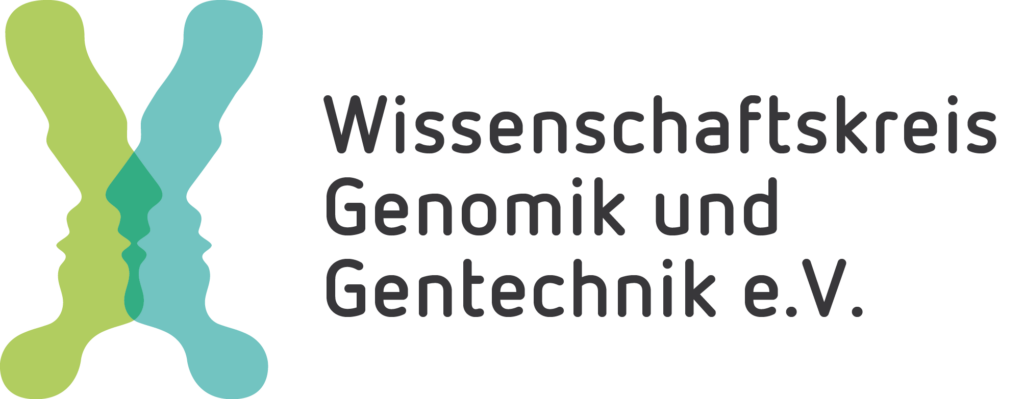



Copyright © 2026 · Alle Rechte vorbehalten. · Genome Editing INFOTHEK
Gemeinnützige Website von GivingPress · RSS-Feed · Anmelden
| Cookie | Dauer | Beschreibung |
|---|---|---|
| cookielawinfo-checkbox-analytics | 11 months | This cookie is set by GDPR Cookie Consent plugin. The cookie is used to store the user consent for the cookies in the category "Analytics". |
| cookielawinfo-checkbox-functional | 11 months | The cookie is set by GDPR cookie consent to record the user consent for the cookies in the category "Functional". |
| cookielawinfo-checkbox-necessary | 11 months | This cookie is set by GDPR Cookie Consent plugin. The cookies is used to store the user consent for the cookies in the category "Necessary". |
| cookielawinfo-checkbox-others | 11 months | This cookie is set by GDPR Cookie Consent plugin. The cookie is used to store the user consent for the cookies in the category "Other. |
| cookielawinfo-checkbox-performance | 11 months | This cookie is set by GDPR Cookie Consent plugin. The cookie is used to store the user consent for the cookies in the category "Performance". |
| viewed_cookie_policy | 11 months | The cookie is set by the GDPR Cookie Consent plugin and is used to store whether or not user has consented to the use of cookies. It does not store any personal data. |
Zuletzt aktualisiert: 5. Juli 2023 von sas
KIT-Experte: Genome Editing kann die Landwirtschaft nachhaltiger und resistenter gegen die Folgen der Klimakrise machen
Die EU will den Umgang mit Genome-Editing-Methoden, auch Neue Genomische Techniken (NGT) genannt, in der Pflanzenzüchtung neu regeln, weiterlesen bei idw-online.de
Kategorie: Meinungen+Meldungen, News/Allgemein, Politik, Wissenschaft
UPDATE